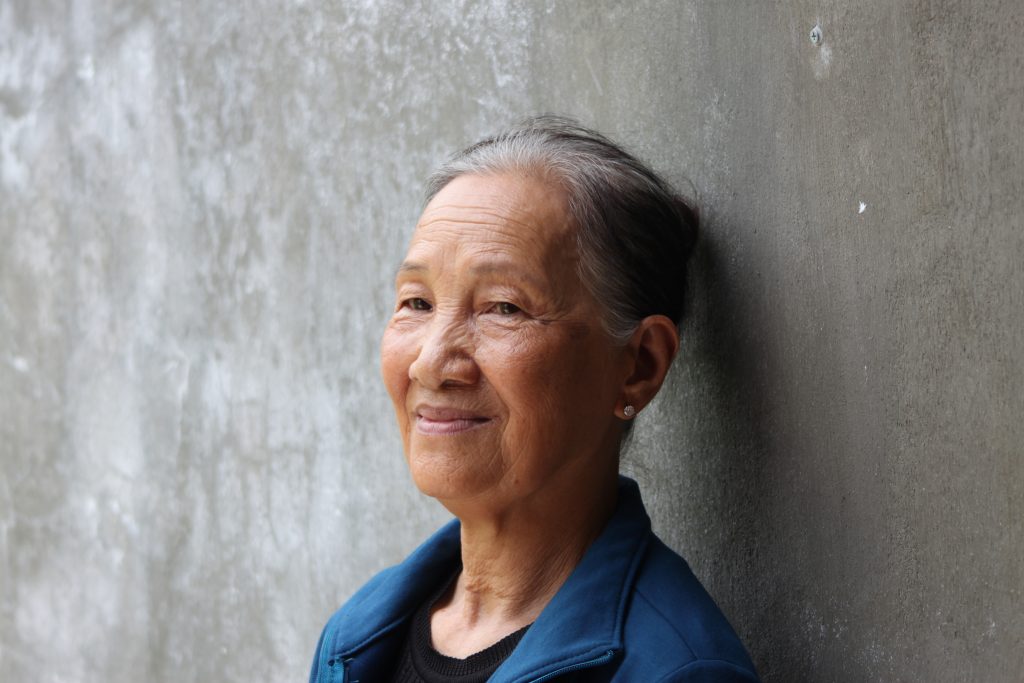 |  |  |
Vo Thi Mai Dinh was 16 years old when she found work as a dishwasher at a South Korean division stationed a short distance away from her village. From a poor family, Mrs Dinh didn’t have the opportunity to study but had to work to support her family during the war.
After a year, Mrs Dinh became a lunch cook for one of the South Korean commanders. She recalls bringing him food one day in 1972: “he closed the door behind me but I couldn’t shout for help. I thought he might kill me. Then he raped me.”
Mrs Dinh kept the encounter a secret for as long as she could. “I was terrified I was going to lose my job,” she says. However, when she realised she was pregnant, it soon became impossible to conceal what had happened.
“My family pressured me to give my baby boy up for adoption, but despite how my son was conceived, I still wanted to be his mother.” Mrs Dinh had to raise her son, Vo Xuan Vinh, on her own but managed to find work at a farm.
When Mr Vinh was a child he was bullied for being “mixed blood”. Today, he is 44 and wants his father, and South Korea, to take responsibility for the pain and suffering that his mother went through.
“My father forced himself on my mother and then left her to raise me alone in poverty. He should own up to what he did. But I am not the only one, South Korea should acknowledge the suffering of my mother and thousands of others like her,” he says.

